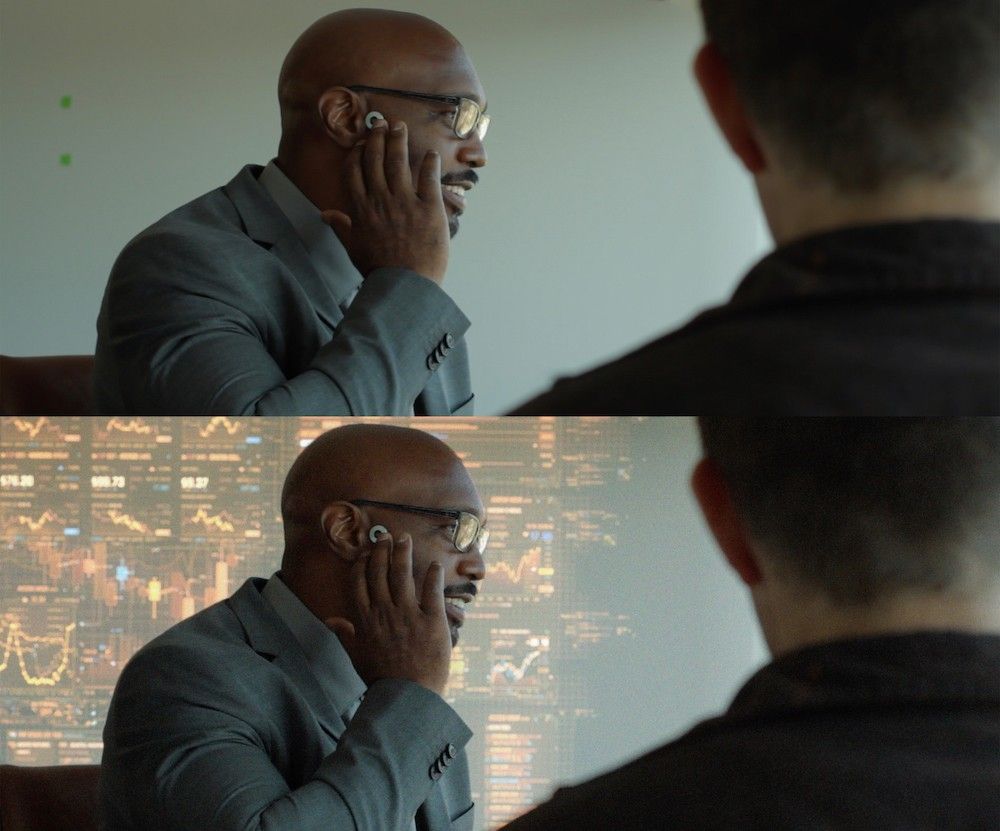Margeaux Sippell reveals on MovieMaker the 17-Year Secret to Indie Success, From Coatwolf’s Evan Glodell.
Jess Jacklin, Charles Beale and Jake Bowen of the excellent vlog/podcast Demystified recently interviewed Evan Glodell whose first feature Bellflower debuted at Sundance in 2011 and went on to earn two Indie Sprit Award nominations.
He relayed his seven-year story chasing funding for his second film:
“I’m having meetings with literally A-list actors who were like, ‘I want to work with you’ and every big studio in town, and I was like, ‘We’ve made it.’ Nothing had ever worked in my life until one day I said, I’m gonna do this thing and take what was available to me, like in my real-world resources I actually had, which is what we used to make Bellflower. And instead of being like, ‘Hey, that was a big life lesson, that worked!’ we were like, okay, now let’s go back to holding our hands out… What the hell was I doing?”
And he revealed his epithany:
“If I care at all about telling stories in these movies that I say I care so much about that I’m willing to endlessly work and go to meetings for seven years with no outcome, I should just go back in with the resources I have now. The second that I made that decision, all of a sudden everything turned around, and it was like the stars aligned.“
His micro-budget mantra: Just start with what you have.
“You literally have like zero in your way. It’s only you. You can tell your story, but you’re scared of having your story be there bare naked on the screen without the polish of millions of Hollywood dollars and skill, you know? Like 99% of people who reach out to me to say the same thing. I’m like, dude, you just need to get over your fear and just go. Do you have a rich family? Do you have rich friends? No? Okay, you’re in with most of the rest of us. Just go. Nothing’s gonna happen if you don’t go.”
Here’s the trailer for the $17,000 Bellflower:
And here’s how they made it.
My take: I love this sentiment! Nike said it best, “Just Do It!” Need instructions? What you need to know, in 10 minutes.






